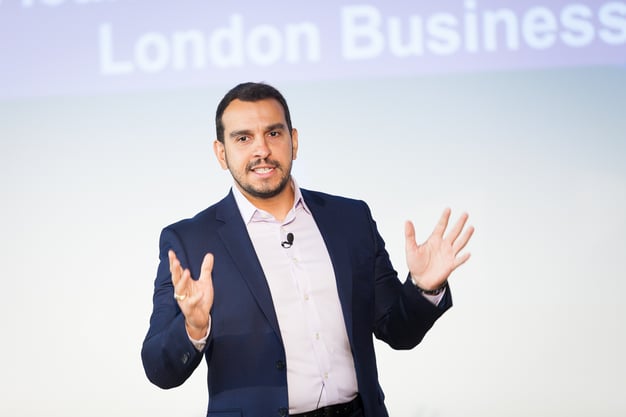6 min read
The dangers of prioritizing operational over strategic ESG
4 min read
Earlier this year Donato Calace, SVP of Accounts & Innovation at Datamaran, sat down with Ioannis Ioannou, Associate Professor of Strategy and Entrepreneurship at London Business School and an expert in ESG. Their discussion focused on some critical issues related to ESG strategy and reporting, greenwashing and how the C-suite needed to respond and act. This is part one of their conversation.
Donato:
There’s been a bit of a grand awakening around ESG - we've seen many companies rushing to take Net Zero commitments, starting to track KPIs and flexing their ESG reporting muscles. Do you think there’s a rush into the operational aspects of ESG without first delving into what this means strategically for companies?
Ioannis:
We’ve seen a lot of commotion in the ESG space and we’re going through a period where the bulk of companies, as opposed to the leading companies, try to pick up the low hanging fruit. And sometimes the easiest way to do this is to follow the trends to try to adopt your industry's best practices or emerging best practices. And I think we have seen a rush in that direction.
This is understandable, because the underlying trends of the ESG space, in terms of the environmental pressures, the generational shift, the regulatory pressures, the investor pressures, and so on and so forth, have been increasing and will continue to increase going forward.
So I think for many firms, it was the realization that we need to get on this train before it departs the station; we need to start catching up with what other companies are doing. But you know, there's a good and a bad side to that, because on the good side, yes, you get more companies involved in the ESG/sustainability discussion initiatives and actions. But on the other hand, you do create a little bit of chaos - “Should I imitate? Should I go at this operationally? Should I go at this strategically?”
For those companies that start thinking about ESG more strategically, they're realizing that this is not your regular Monday morning decision. If you really want to transform an entire organization towards a more sustainable or responsible business model, this is one of the most transformational change processes that you’d ever undertake.

I think the operational aspect of ESG was highlighted last year because this is when some of the industries that had previously not been in the spotlight (in terms of their environmental and social pipeline) came into the daylight. Think about industries like long haul shipping, aircraft, cement, construction - all of those that perhaps avoided scrutiny in the past are coming online, and people are demanding accountability because these are carbon-intensive industries.
Therefore, I think for those industries, it's more of a cost correction discussion. In other words, the system, and the regulation in particular, is moving in a direction where it's cost correcting for the impacts that these industries have had, especially in terms of not only greenhouse gas emissions, but generally polluting the environment.
And for a lot of these industries, it’s an operational issue to begin with, because there are a lot of built-in inefficiencies in their production processes, precisely because those inefficiencies and the resulting externalities have not been priced in. Not only do they need to eliminate that waste, the inefficiencies and in fact, the pollution that they're causing, but inevitably, they have to start innovating.
How do we move beyond simply reducing inefficiencies, eliminating them and building models that are not just minimizing the harm, but actually taking advantage of the opportunities that are created by a lower zero-carbon economy? (Which is already on the horizon and inevitable in so many ways?)
So you have seen both in the past year. We have seen the bulk of companies going at this operationally, because target setting is something that - compared to the change process - is something straightforward. I would argue that next is setting up a detailed Transition Plan, which is what we see companies and institutions and even governments lacking these days.
Stay tuned for part two of Ioannis and Donato’s conversation, where they dive into the key elements needed to build a resilient and impactful ESG and corporate strategy.

